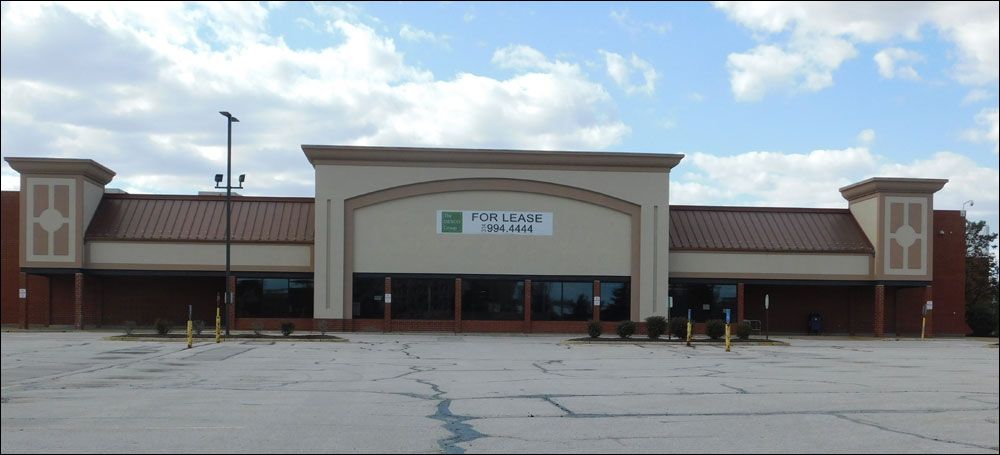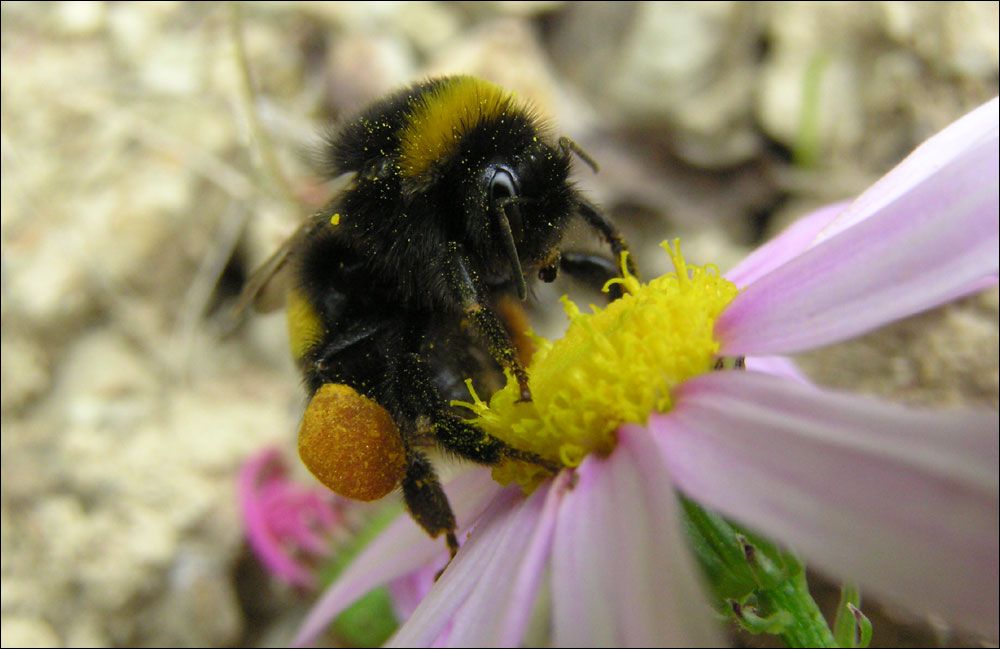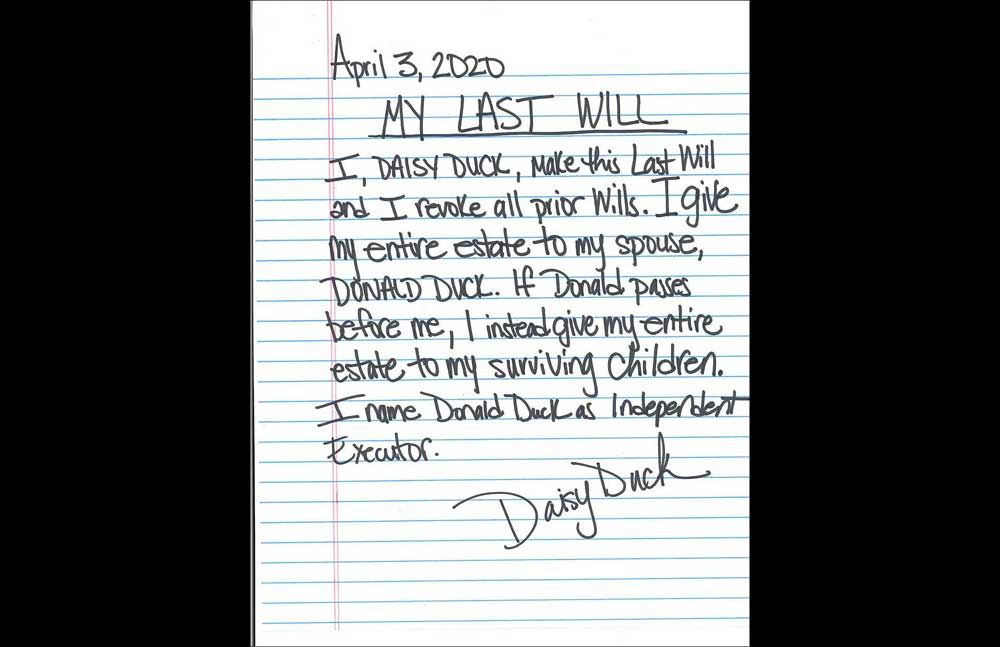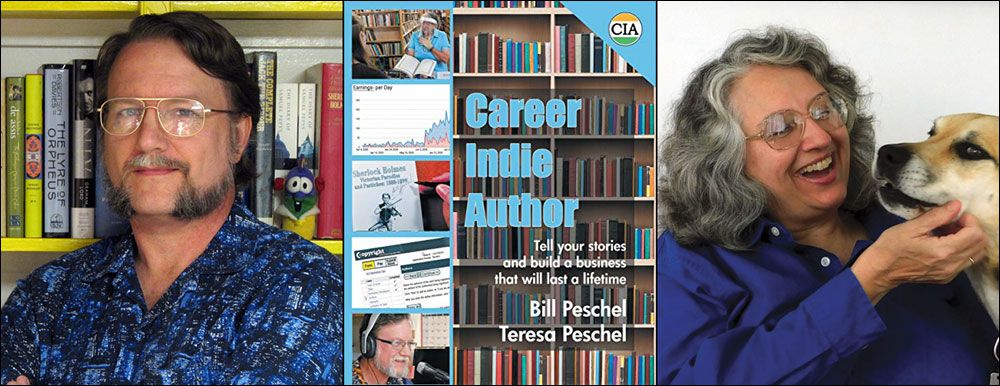I was going to post a couple of pieces that I hadn't gotten done because of the recent software problem here this week. As I was doing that, this amazing article was put up on Facebook. It's authored by a well known writer in the prepping community. Most of you would know them but they've taken a step back from the issues in the last few years, and I'm going to post this without mentioning their name in respect for their privacy. It is still a clear look at what we can expect over the next few decades, and worth the read.
One Big Note: While I try very hard to keep politics out of Green Wizardry, politics is in our country to a strong degree. As such, its hard if not impossible to discuss the coming Collapse without running into people who have strong opinions about it on both sides of the issues. The author is not a supporter of Trump or the Republicans. Some of this post is political and I'm going to leave that in. If you disagree with their opinions, that's fine and understandable. I disagree with some of it myself BUT their core points about the way things related to non-political actions is very good, and worth the read.
WE as a country and a society must get back to the point that we can listen to opposing view points that we disagree with, without dismissing their non-political opinions completely too. Please let's not devolve this post into an argument on politics with the comments.
.jpg)
With that warning, enjoy.
---
A Short History of How It Started and How It is Going
A long, long time ago, in a galaxy far, far away, I wrote an essay where I argued that the most likely thing that will happen is that we will experience collapse not as a single global crisis, like most fiction and film postulates, but as a concatenation of large and small crises that just gradually become too overwhelming for us to respond to, so we stop doing anything other than making the most superficial responses.
When collapse comes for any given person depends a lot on who you are. Lucky people don't notice for a while, because the crises don't hit them too badly or because they have extra resources to devote to personal mitigation, or because they were prepared in some way. Unlucky people get hit hard, and harder and over and over and wait for help and eventually, it doesn't come.
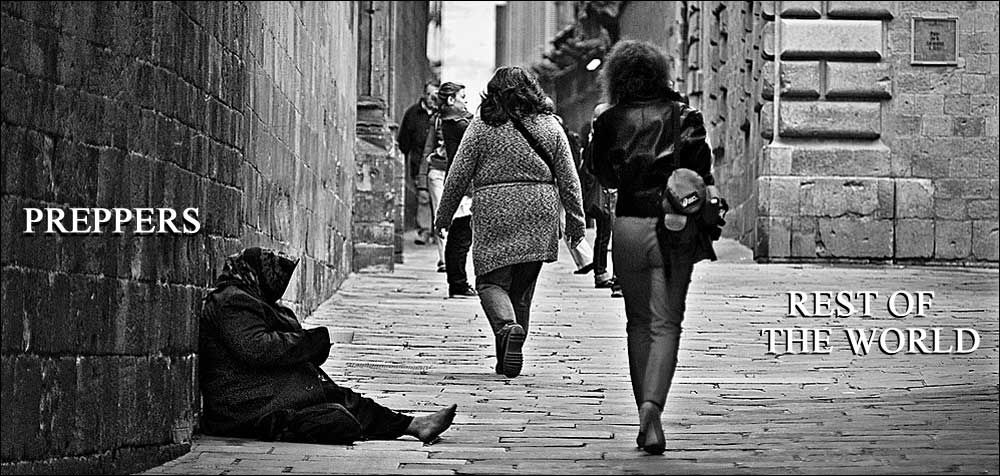





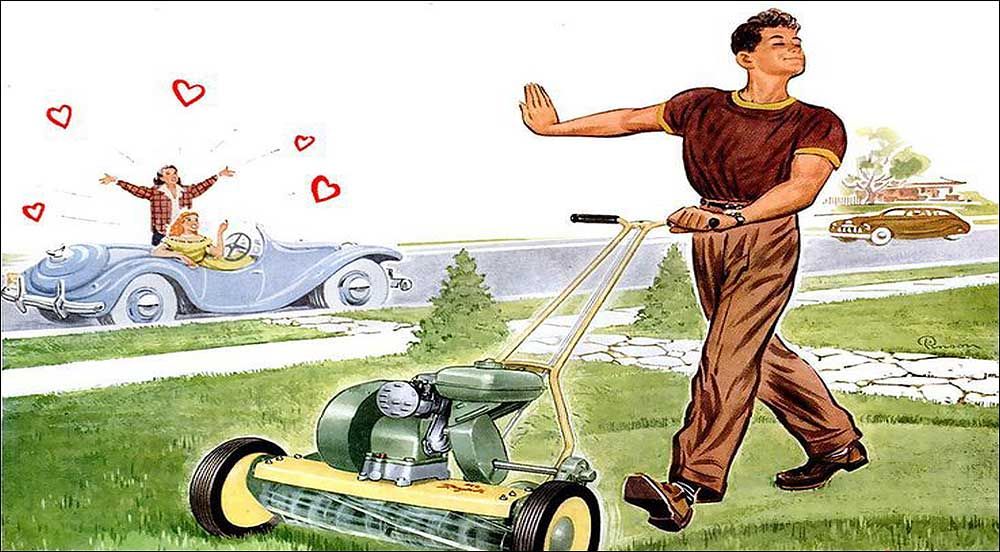

.jpg)
